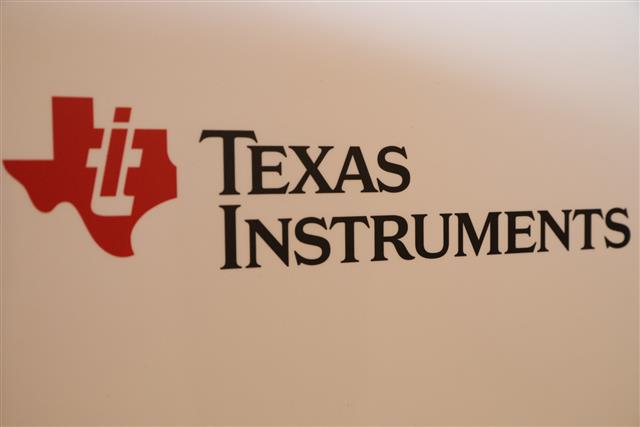Texas Instruments will receive $1.6 billion in subsidies and $3 billion in loans under the U.S. Chip Act
The Biden administration announced that Texas Instruments (TI) will receive $1.6 billion in subsidies and $3 billion in loans under the Chip Act, the latest major incentive measure aimed at promoting the development of the US semiconductor manufacturing industry.
The US Department of Commerce stated in a statement that the funds will be used to pay for the expenses of one Texas Instruments factory in Utah and two factories in Texas. By 2029, these projects will cost approximately $18 billion. It is expected that this effort will create approximately 2000 manufacturing jobs and thousands of construction jobs.
Overall, Texas Instruments plans to invest approximately $40 billion in two states, including building two more factories in Sherman, Texas. These factories are likely to go online after 2030, and the US Department of Commerce has stated that it will prioritize projects completed by the end of this decade.
Texas Instruments produces various chips and has the largest customer base in the semiconductor industry. In addition to receiving subsidies and loans, the company also expects to receive a 25% tax credit from the 2022 Chip and Science Act. The company stated in a statement that this could reach $6 billion to $8 billion.
The Chip Act is the most ambitious industrial policy attempt in over a generation in the United States. It will allocate $39 billion in direct subsidies, along with $75 billion worth of tax credits, loans, and loan guarantees, to persuade companies to produce more semiconductors domestically in the United States, after decades of production in Asia. US officials have now allocated the majority of the funds through over a dozen preliminary awards. They expect to complete all fund allocation before the end of this year.
Most of the funds from the Chip Act will be used to support companies such as Intel and TSMC in producing cutting-edge chips. But the Chip Act reserves at least $2 billion for less advanced semiconductors (sometimes referred to as traditional or mature chips), such as chips produced by Texas Instruments. Another important incentive for mature chips is the $1.5 billion subsidy provided to Gexin.
Mature chips are crucial to the global economy, providing support for all products from smartphones to refrigerators. China is increasing its ambition in this field. The United States and the European Union remain vigilant about this, and Biden announced in May this year that he would double tariffs on Chinese components to 50%.
US Deputy Secretary of Commerce Laurie E. Locascio stated that the award given to Texas Instruments will help ensure the domestic supply security of basic semiconductors, which are the cornerstone of almost every aspect of modern life.
Overall, Texas Instruments plans to invest approximately $40 billion in two states, including building two more factories in Sherman, Texas. These factories are likely to go online after 2030, and the US Department of Commerce has stated that it will prioritize projects completed by the end of this decade.
Texas Instruments produces various chips and has the largest customer base in the semiconductor industry. In addition to receiving subsidies and loans, the company also expects to receive a 25% tax credit from the 2022 Chip and Science Act. The company stated in a statement that this could reach $6 billion to $8 billion.
The Chip Act is the most ambitious industrial policy attempt in over a generation in the United States. It will allocate $39 billion in direct subsidies, along with $75 billion worth of tax credits, loans, and loan guarantees, to persuade companies to produce more semiconductors domestically in the United States, after decades of production in Asia. US officials have now allocated the majority of the funds through over a dozen preliminary awards. They expect to complete all fund allocation before the end of this year.
Most of the funds from the Chip Act will be used to support companies such as Intel and TSMC in producing cutting-edge chips. But the Chip Act reserves at least $2 billion for less advanced semiconductors (sometimes referred to as traditional or mature chips), such as chips produced by Texas Instruments. Another important incentive for mature chips is the $1.5 billion subsidy provided to Gexin.
Mature chips are crucial to the global economy, providing support for all products from smartphones to refrigerators. China is increasing its ambition in this field. The United States and the European Union remain vigilant about this, and Biden announced in May this year that he would double tariffs on Chinese components to 50%.
US Deputy Secretary of Commerce Laurie E. Locascio stated that the award given to Texas Instruments will help ensure the domestic supply security of basic semiconductors, which are the cornerstone of almost every aspect of modern life.